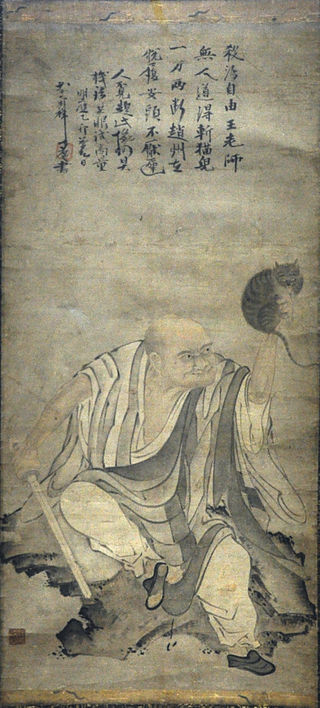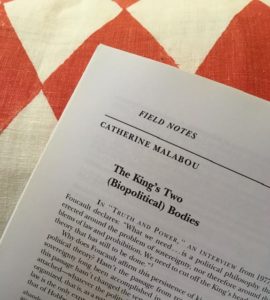 “It is with a certain trepidation that I broach the topic of Buddhism and quantum physics,” writes Buddhist scholar Robert H. Sharf in the “Field Notes” section of our new issue.
“It is with a certain trepidation that I broach the topic of Buddhism and quantum physics,” writes Buddhist scholar Robert H. Sharf in the “Field Notes” section of our new issue.
He goes on:
There is, of course, already a large literature on the subject, propelled in part by two popular books that appeared in the 1970s: Fritjof Capra’s The Tao of Physics: An Exploration of the Parallels Between Modern Physics and Eastern Mysticism and Gary Zukav’s The Dancing Wu Li Masters: An Overview of the New Physics. But there were many more in the decades that followed, including Amit Goswami’s The Self-Aware Universe: How Consciousness Creates the Material World, Evan Harris Walker’s The Physics of Consciousness: The Quantum Mind and the Meaning of Life, as well as new offerings by Capra and Zukav. Despite, or perhaps owing to, the appeal and commercial success of these books (The Tao of Physics has appeared in forty-three editions and twenty-three languages), this area of scholarship has acquired a rather tawdry reputation among scholars. The critical concern with these books is not, however, what one might suspect. It is not that the authors lack an adequate understanding of quantum physics. Rather, the problem is their naïve and facile grasp of Asian philosophy. Continue reading …
ROBERT H. SHARF is D. H. Chen Distinguished Professor of Buddhist Studies in the Department of East Asian Languages and Cultures, as well as Chair of the Center for Buddhist Studies, at the University of California, Berkeley. He works primarily in the area of medieval Chinese Buddhism (especially Chan), but he also dabbles in Japanese Buddhism, Buddhist art, Buddhist philosophy, ritual studies, and methodological issues in the study of religion. His essay was originally prepared for the conference “Buddhist Beasts: Reflections on Animals in Asian Religions and Culture,” held at the University of British Columbia, April 20–22, 2018.


 “It is with a certain trepidation that I broach the topic of Buddhism and quantum physics,” writes Buddhist scholar Robert H. Sharf in the “
“It is with a certain trepidation that I broach the topic of Buddhism and quantum physics,” writes Buddhist scholar Robert H. Sharf in the “